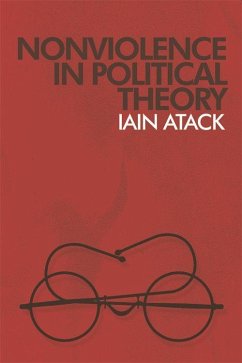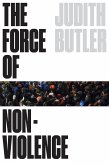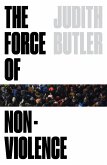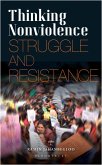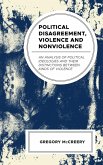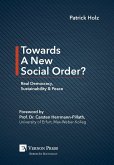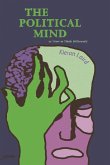AUTHOR APPROVED 'This timely and lucid analysis of the significance of nonviolence is innovative in what it adds to political theory. It is also significant for what it adds to understanding the power of nonviolence to direct the processes of social and political change currently sweeping the globe.' Professor Tom Woodhouse, Centre for Conflict Resolution, Peace Studies, University of Bradford, UK Develops a coherent theory of nonviolent political action in the context of Western political theory Nonviolent action has played a significant role in achieving social and political change in the last century, and continues to be a vital feature of many campaigns for democracy, human rights and social justice. Mahatma Gandhi and Martin Luther King were prominent proponents of nonviolence, and nonviolent political action has been central to the toppling of communist regimes in eastern Europe and to the rise of pro-democracy popular movements in Serbia, Georgia and Ukraine. The Arab Spring (especially in Tunisia and Egypt) and popular responses to the current global financial crisis, in the form of the Occupy Wall Street movement, demonstrate once again its widespread appeal and continuing political relevance. This book identifies the contribution of nonviolence to political theory through connecting central characteristics of nonviolent action to fundamental debates about the role of power and violence in politics. This in turn provides a platform for going beyond historical and strategic accounts of nonviolence to a deeper understanding of its transformative potential. Key Features Explores the philosophical presuppositions behind nonviolent political action Examines the tensions between nonviolence and pacifism in international politics Uses Gramsci and Foucault to critically analyse consent as the basis of political power Distinguishes between civil resistance and transformative nonviolence Iain Atack is Assistant Professor in the International Peace Studies programme at the Irish School of Ecumenics, Trinity College Dublin. He is author of /The Ethics of Peace and War/ (Edinburgh University Press, 2005).
Bitte wählen Sie Ihr Anliegen aus.
Rechnungen
Retourenschein anfordern
Bestellstatus
Storno

